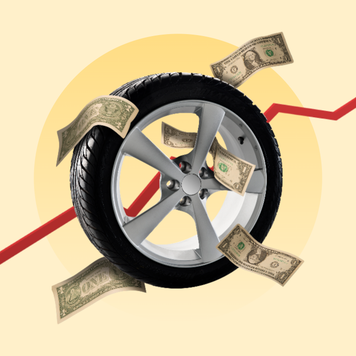When will car interest rates drop?
Auto rates will likely not decrease this year. Consider how to still save.
Before getting behind the wheel of your new vehicle, compare auto loans, estimate payments and find a financing option that’s right for you. Let Bankrate steer you through the process.



Learn more about auto loans before you apply.
Our expert reporters and editors bring the news and analysis you need—backed by data and firsthand experience.
About Bankrate
Writer and Consumer Lending Analyst

Senior Loans Writer

Senior Loans Writer








We appreciate your feedback
Thank you for taking the time to share your experience.